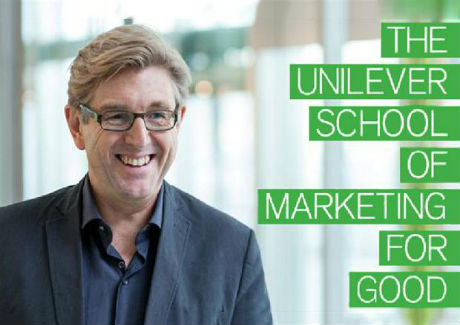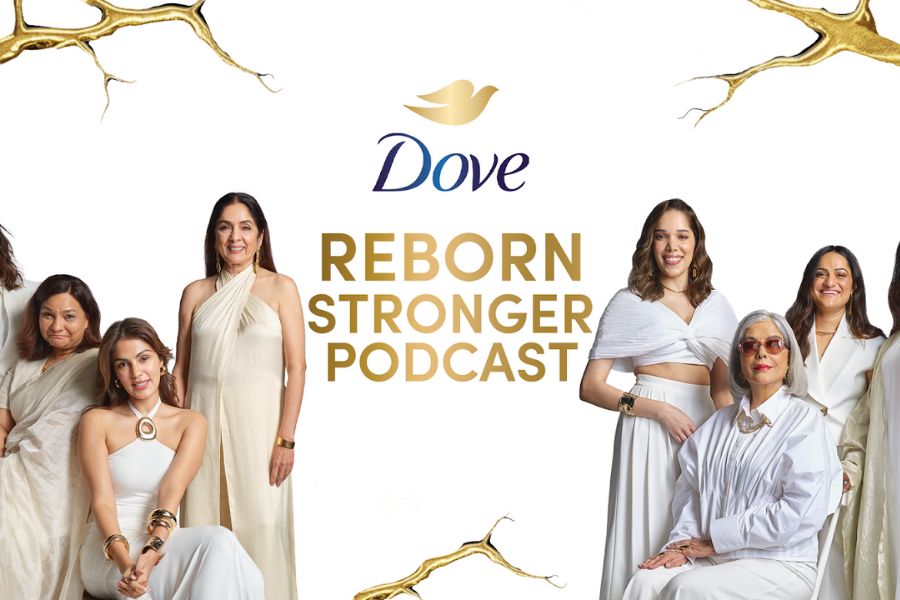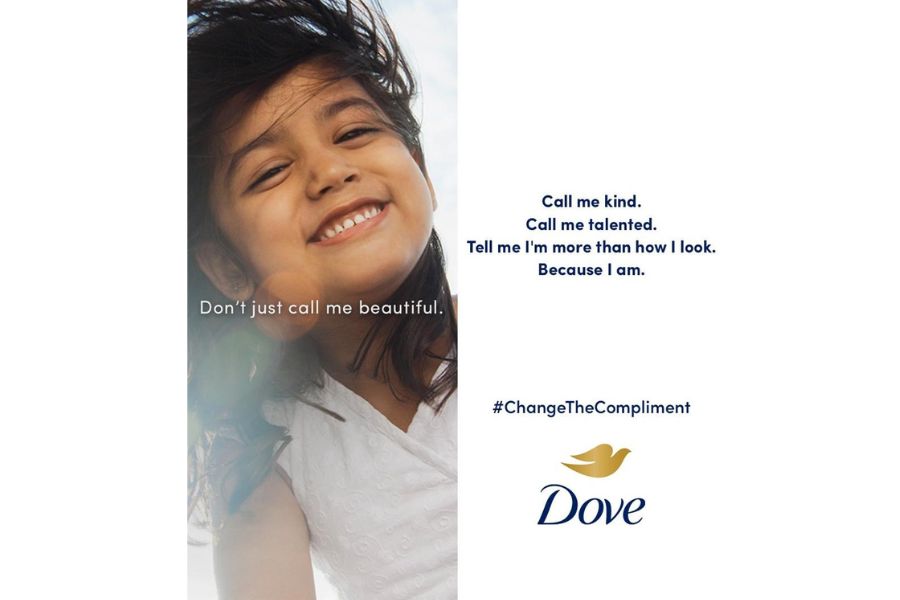Unilever’s Sustainable Living Plan has become a benchmark for enlightened marketing. Will achieving the targets it sets out also drive an increase in your products’ market share?
Keith Weed: Our brands have an exciting and fundamental part to play in our sustainable growth agenda. They are used by 2bn consumers a day and are in homes all round the world.
We know that consumers increasingly want brands with purpose – and that purpose delivers growth.
Just look at some of the insight: responsible-consumption products will account for 70% of total grocery growth in the US and Europe over the next five years (according to Boston Consulting Group). In the US alone, responsible-consumption products have grown about 9% annually in the past three years.
We also know that sustainability is particularly important for the millennial generation. For our brands, we are seeing particular growth in sales for those that have built purpose and sustainability into their brand mixes.
Some great examples include our brand Kissan. We moved [over] to sustainably sourced tomatoes and helped propel Kissan to become the number-one ketchup in this category in India. And if you look across our portfolio at brands with a clear social purpose – such as Lifebuoy (with its handwashing agenda), Dove (with its important work on self-esteem) and Domestos (with its sanitation programme, building toilets in developing markets) – they have all grown consistently over the past four years.
Consumers are asking us to help them live more sustainably and we can do this.
Changing consumer behaviour is at the heart of achieving these goals. What role is marketing playing in shifting consumer sentiment?
Unilever’s Project Sunlight, which we launched in 2013, very much sits at the heart of this. Through this movement, we have connected with 100m consumers who say living more sustainably matters to them.
In 2014, the programme heard directly from young people across the world [about] their vision for change. In the UK, we partnered Oxfam UK’s Poverty Programme on the #clearaplatetodonate campaign to address the issue of hunger by donating more than half a million meals to families in need.
Across India, Indonesia and Brazil, the focus of Project Sunlight was water, sanitation and hygiene projects. And it will continue to engage with people in a tangible, relevant way and raise awareness of social and environmental issues.
There’s never been a better time, either: 2015 is a crucial year on the global stage, with talks to agree sustainable-development goals to improve people’s lives around the world and, later in the year, to find a binding deal on tackling climate change.
It’s about taking people along the journey with us and empowering them to be part of the change they wish to see. And, of course, social media is a key platform in this.
Do you worry about appearing to preach to your customers and therefore alienating them? Some consumers would question why the brand they buy has the right to dictate the length of their shower. What would you say to that?
For us, this isn’t about preaching, but more about encouraging small steps toward a positive, more sustainable way of living for consumers.
Innovation is a core driver of this: we can help through the way we design our products – and we have seen positive responses from consumers.
For example, our compressed deodorants – the same amount of product but in a smaller can – use 25% less aluminium and half as much propellant gas, so they have a reduced environmental footprint, are lighter and more portable. Or take Comfort One Rinse, which uses two-thirds less water, or dry shampoo that does not require any water. They conserve water, but also meet consumer needs – 2.8bn people live in water-deprived areas today and that number will only increase.
So, we believe that the demand is growing and people are looking for ways to enable them to live more sustainably. Why would you not buy a product that works really well and also does good?
Ultimately, we are raising awareness of global issues, providing people with a sustainable solution, and it is their choice as to which brands they want to buy.
Refocusing your brands on their power for good has had a phenomenal impact. How has this shift affected the way you market your brands?
Yes, it’s exciting what is possible – we have the opportunity to drive change at scale, and can be even more effective through partnerships.

Take Lifebuoy (above), for example. Our handwash changes colour from white to green in 10 seconds, the time it takes to protect against 99.9% of germs. Children wait for the colour change [before they rinse their hands] and therefore are protected. Launched in India, Indonesia and other markets in Asia and Africa, this is an example of what our consumers want and a way of helping to tackle disease.
In tandem, Lifebuoy runs the world’s largest hygiene-promotion programme, which aims to change the handwashing behaviours of 1bn people by 2020. We do this closely with partners such as Oxfam and UNICEF, which can help to deliver the programme within communities. So people really understand the purpose of that brand when they buy it – a product to buy and an idea to buy into.
This is very much a growth strategy and all elements need to be in place – great marketing, great innovation, great products, great partnerships, and sustainability underpinning it all. The Lifebuoy example wouldn’t be possible without world-class innovation, and there is always a huge emphasis at Unilever on building great brands.
How is Unilever’s commitment to sustainability moving the entire industry forward? Do you believe you have redefined the concept of marketing for good?
We see this as the only viable business model. We live in a world of finite resources – with 2bn-3bn more people going to join the planet [by 2050, according to the UN] – and we want to be able to serve our consumers in decades to come. We hope the whole industry will adopt a similar model, as the scale will mean greater change. Businesses need to create new models with sustainability at their core.
Palm oil is a good example. Our vision is that, by 2020, we will achieve a transformation of the market whereby the entire industry moves to sustainable palm oil. But we can’t do this on our own. So, as well as committing to sourcing 100% of our agricultural raw materials sustainably by then, we’ve been working to support corporate commitments to ending deforestation, such as The Consumer Goods Forum commitment on deforestation, and to persuade governments to deliver the incentives needed. The New York Declaration on Forests, launched last year, was a key moment in this, but we need to keep the momentum going.
Another example is when we innovate. We don’t always patent the technology, to encourage industry-wide adoption [of], for example, more environmentally friendly packaging.
.jpg&%3bw=400&%3bc=1)
You have a broad definition of sustainability with a commitment to improving the experience of employees. How does this work in principle? Are you increasing your commitment to diversity, how are you tackling issues such as the gender pay gap within your business?
Unilever is the third-most-sought-after employer globally on LinkedIn, which is a great privilege, but I believe that means an even greater responsibility to lead the way on these important issues: health and wellbeing and women’s empowerment [are] key parts of the Unilever Sustainable Living Plan and embedded in the way we do business.
Our target on the latter is to empower 5m women by 2020. Not only does it make business sense – women are Unilever’s core consumers, with 77% of purchasing decisions made by them, and they have a strong presence in many of our supply chains – but there is also a clear moral case. Women do 66% of the world’s work, yet they earn just 10% of the world’s income. Empowering them is one of the best ways of stimulating development as women reinvest more of their money in their families, communities and local economy.
But we have to start at home. Inclusivity and diversity of perspective, culture and experience are crucial to a successful business and having gender balance among our employees is key to achieving this.
By the end of 2014, over 43% of our managers were women, up from 38% in 2010. There is more to do, especially at senior level, and we are committed to this through continued focus on flexible working, women’s networks, job shares and maternity/paternity support.
Do you consider the CSR credentials of your agencies and creative partners? Has that become more important in pitches?
Yes, it is important that our partners and agencies share a similar vision and values in their approach to how they do business.
What is the role of innovation in your sustainability strategy and how important is offering viable alternatives to changing consumer behaviour?
Innovation is a growth driver and a vital part of our sustainability strategy – both marketing and product innovation.
I talked about some examples earlier, but another recent one is our packaging-reduction technology. Dove Body bottles contain at least 15% less plastic [than their previous iterations]. Gas is injected to create bubbles in the bottle wall, reducing the density and amount of plastic needed, but not its strength. It’s lighter for consumers and cuts raw-material costs. We haven’t patented the technology, so others can use it too.
In terms of marketing innovation, we have been doing this for years. Take Dove again, and its self-esteem programme. More than 10 years ago the brand started its groundbreaking conversation about "real beauty", to try to create a world where beauty is a source of confidence, not anxiety. Since then, the Dove self-esteem-building programmes have reached more than 15m young people. It’s another example of us ‘starting at home’, when it comes to our women’s-empowerment agenda.
Do you believe the average Unilever consumer values sustainability as much as you?
We know there are many who do, because they tell us so. We also see this sentiment increasing around the world. Unilever is one of the largest commissioners of market research globally. We conduct this in more than 100 countries and are seeing increased engagement on sustainability issues. This is particularly important to young people.
What I see are citizens increasingly holding businesses and brands to account on issues like climate change and social inequality, and I expect to see this trend only increase. So it’s becoming a demand, as well as a supply, issue, which is a good thing.
With our relentless focus on social media and technology, are we in danger of missing the fundamental point – that marketing for good and a commitment to real, not virtual, community is at the heart of building sustainable brands and businesses?
Ultimately, marketing is about relationships, and social media is one channel to connect with people. Many, especially millennials, don’t distinguish between ‘virtual’ and ‘offline’ – it’s seamless for them and for us, too, as mobile continues to transform the way we all live.
Social media is a great enabler for change. It is a good way to drive a call to action and raise awareness of issues – just look at the Ice Bucket Challenge campaign and No Make-up Selfies.
You still have to have excellent brands and something to say, of course, and you still communicate ‘offline’ too. But social is a key platform for two-way dialogue. It is about a co-creation – a relationship is built with consumers on their terms. And as I have said many times, successful companies are marketing for and with people, not to them.
This article first appreared on www.marketingmagazine.co.uk




